Category
Patient Education
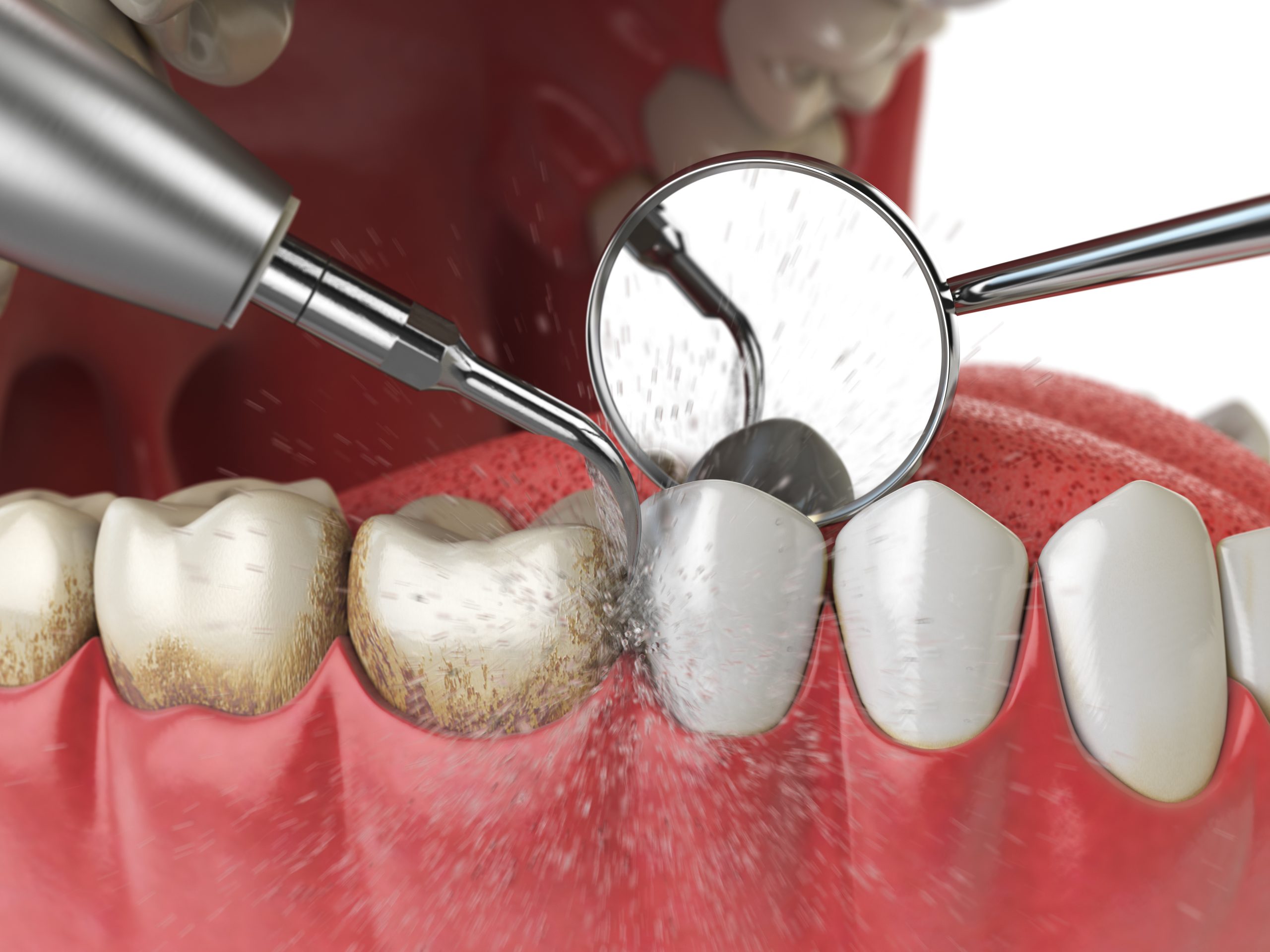
Interdental Cleaning Devices
About Interdental Cleaning Devices If you want to keep your mouth cleaner than through brushing and flossing alone, an interdental cleaning device might be the answer. These devices work by scrubbing between each tooth and sending a vibrating current down its length when brushing. Interdental devices include items such as a water flosser, an electric […]
READ MORE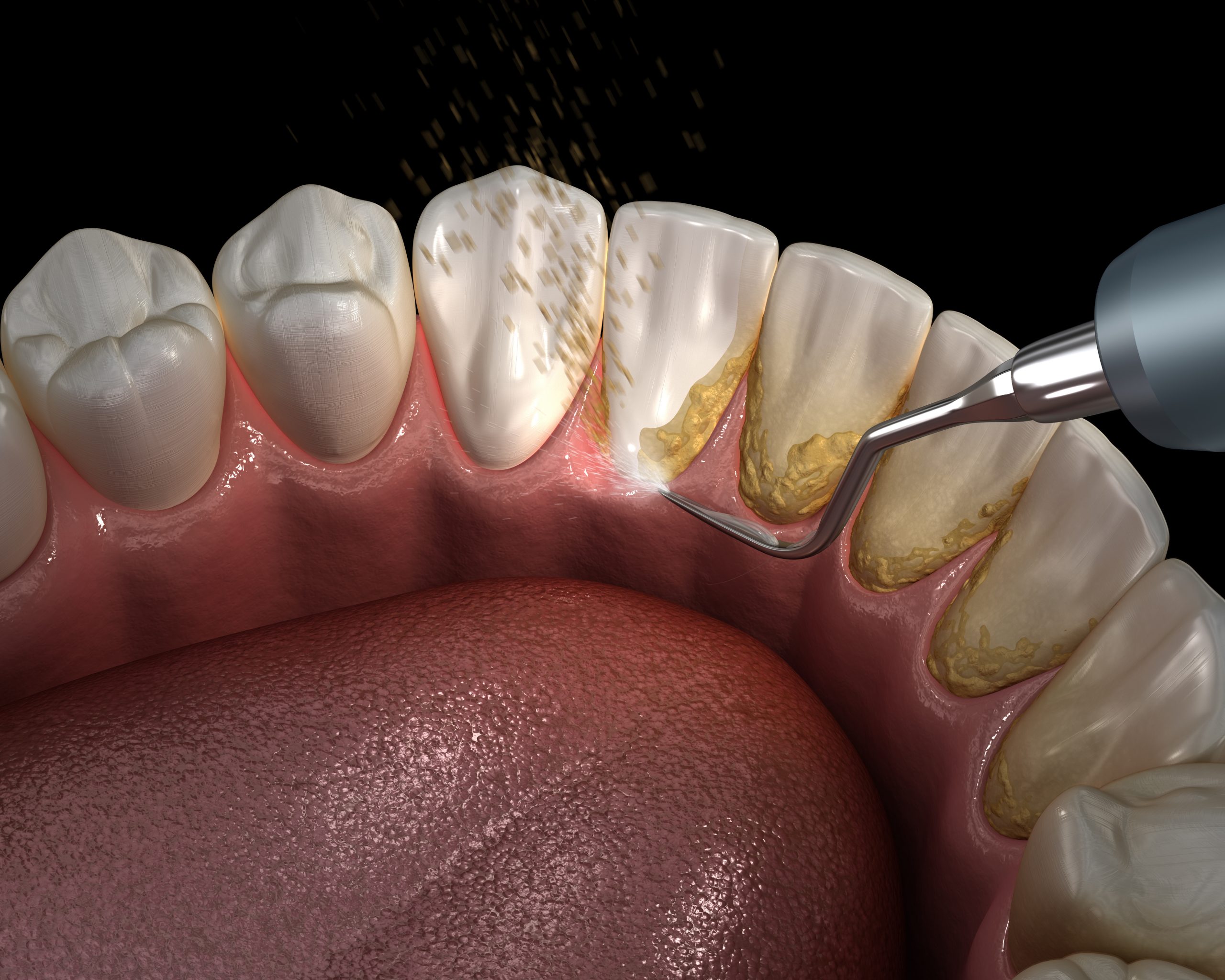
Professional Teeth Cleanings
About Professional Teeth Cleaning Professional cleaning is recommended by the American Dental Association (ADA) at 1 to 2 times per year for optimal oral health, possibly more if recommended by your dentist. These procedures are vital in maintaining oral hygiene and preventing decay, gum disease, and tooth loss. Oral hygiene practices at home are important, […]
READ MORE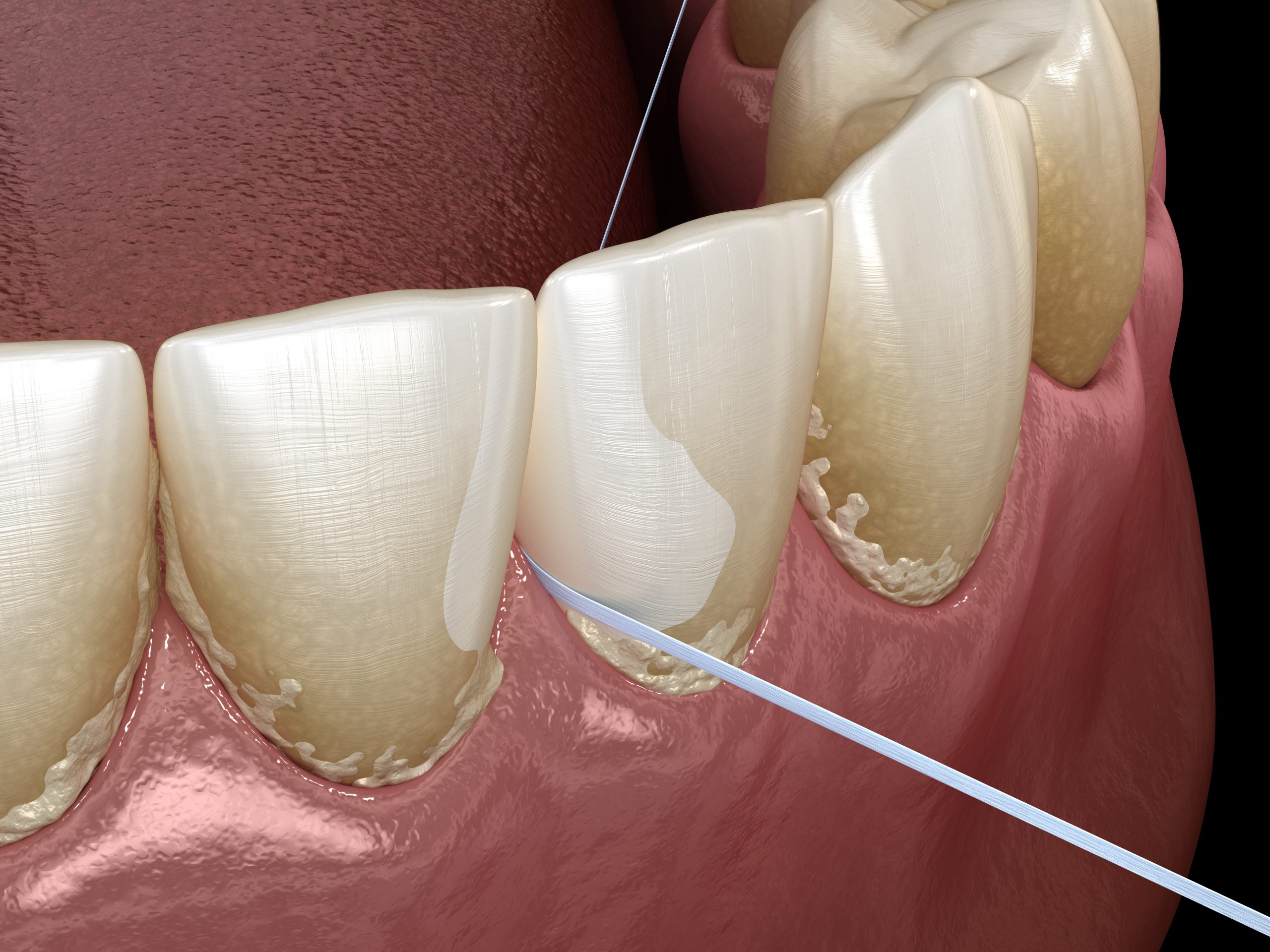
How to Floss
How to Floss Your Teeth Flossing is a crucial part of oral hygiene. According to dental recommendations, you should use four inches (10 centimeters) or more between your teeth and carefully slide the thread under all visible surfaces using steady pressure for 20 seconds. Flossing should be done at least once per day to remove […]
READ MORE
How to Brush
How to Brush Your Teeth Dental professionals recommend brushing your teeth at least twice a day. Brushing after meals is also recommended. Here’s how to properly brush your teeth for maximum efficiency. Start with a dry, soft-bristled toothbrush. Apply toothpaste to the bristles and brush in a circular motion for two to three minutes, making […]
READ MORE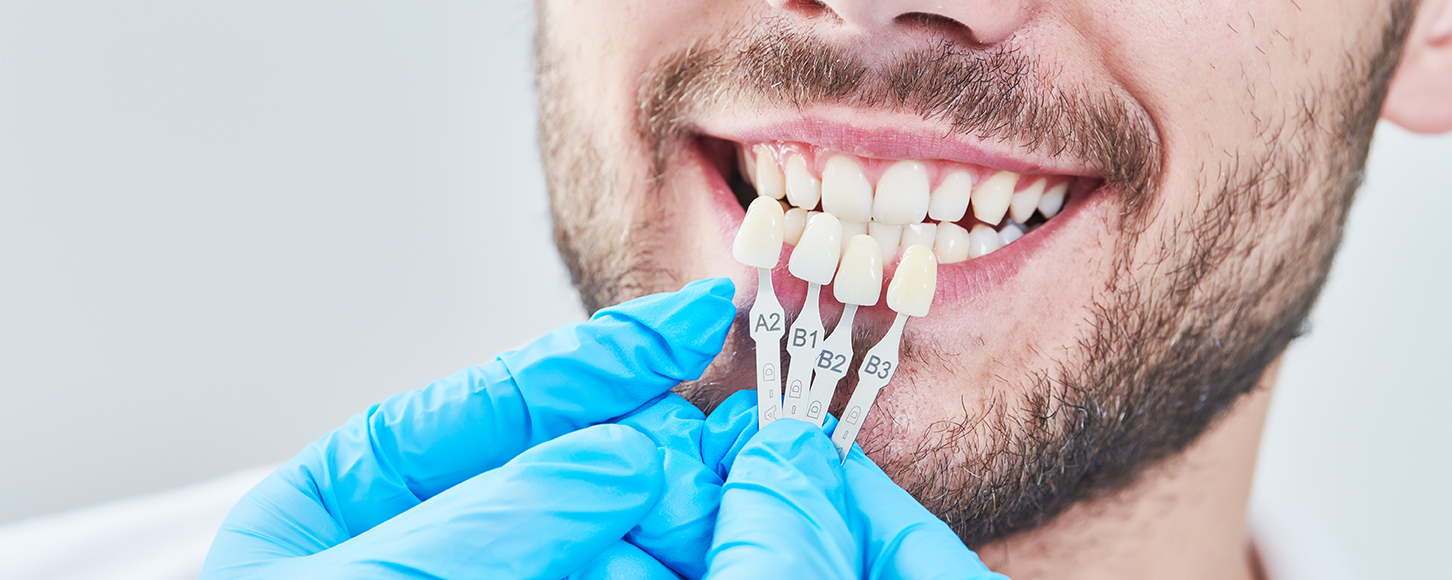
Oral Hygiene
About Oral Hygiene One of the most important aspects of maintaining your dental health is oral hygiene. Cleaning and brushing regularly can help prevent cavities, tooth decay, and gum disease from developing. Proper oral hygiene at home, combined with regular checkups and cleanings with your dentist at least once or twice annually can lower your […]
READ MORE
Stress & Oral Habits
About Oral Habits and Stress The human mouth contains many organs that work together to protect and care for the teeth. One of these important structures is salivary glands which produce saliva, as well as help with food digestion. When individuals experience high levels of stress, this can reduce the amount of saliva you produce […]
READ MORE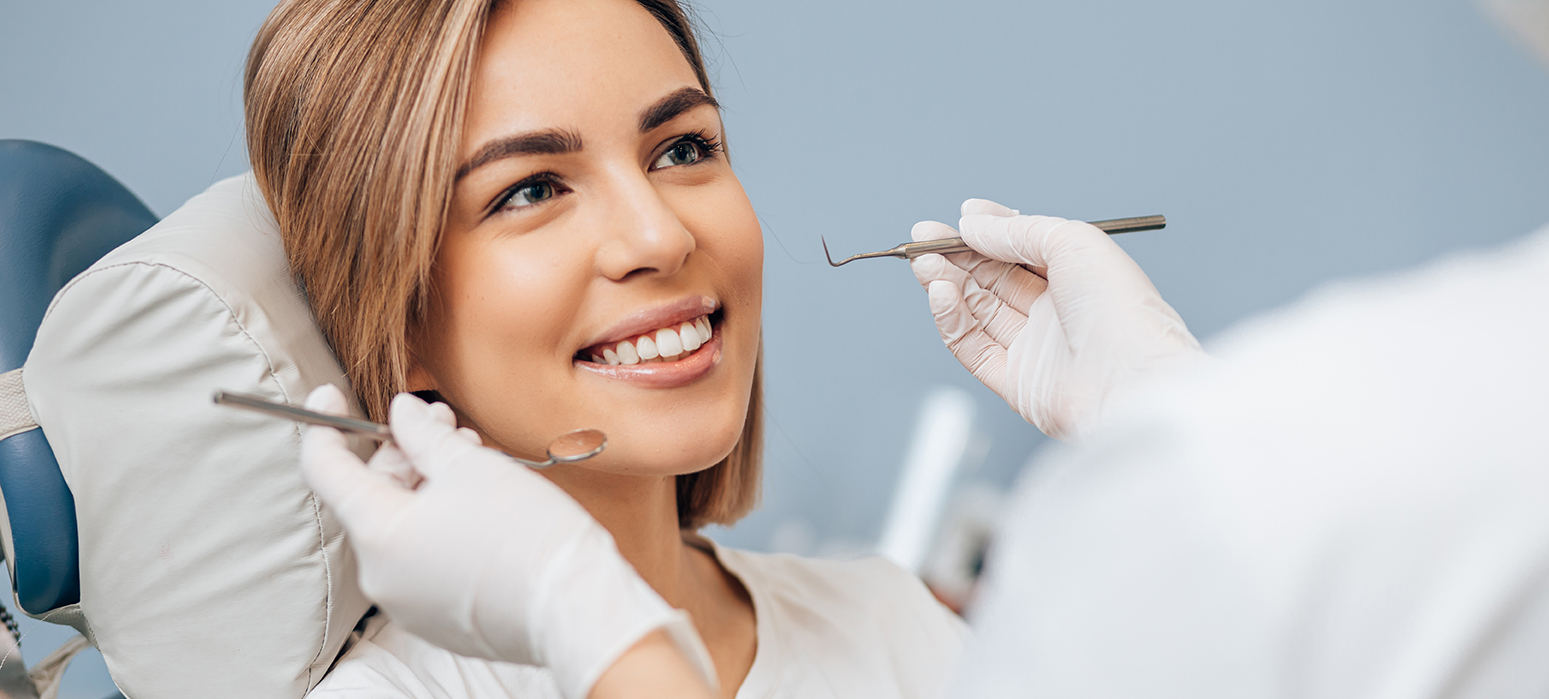
Preventive Dentistry
About Preventative Dentistry Preventative dentistry is a great way to prevent the risk of future dental problems and maintain good oral hygiene. Brushing after every meal or at least twice per day can help keep plaque under control. Flossing daily will ensure cleaner gums as well. Your dentist can also recommend preventative treatments in addition […]
READ MORE
Pregnancy & Oral Health
About Pregnancy and Oral Health Pregnancy can be an exciting time to grow your family, but it also poses some serious risks for oral health. As pregnancy hormones increase levels of estrogen, these fluctuations can cause tooth decay, cavities, or even bone loss. It is vital to maintain proper nutrition through prenatal vitamins, as well […]
READ MORE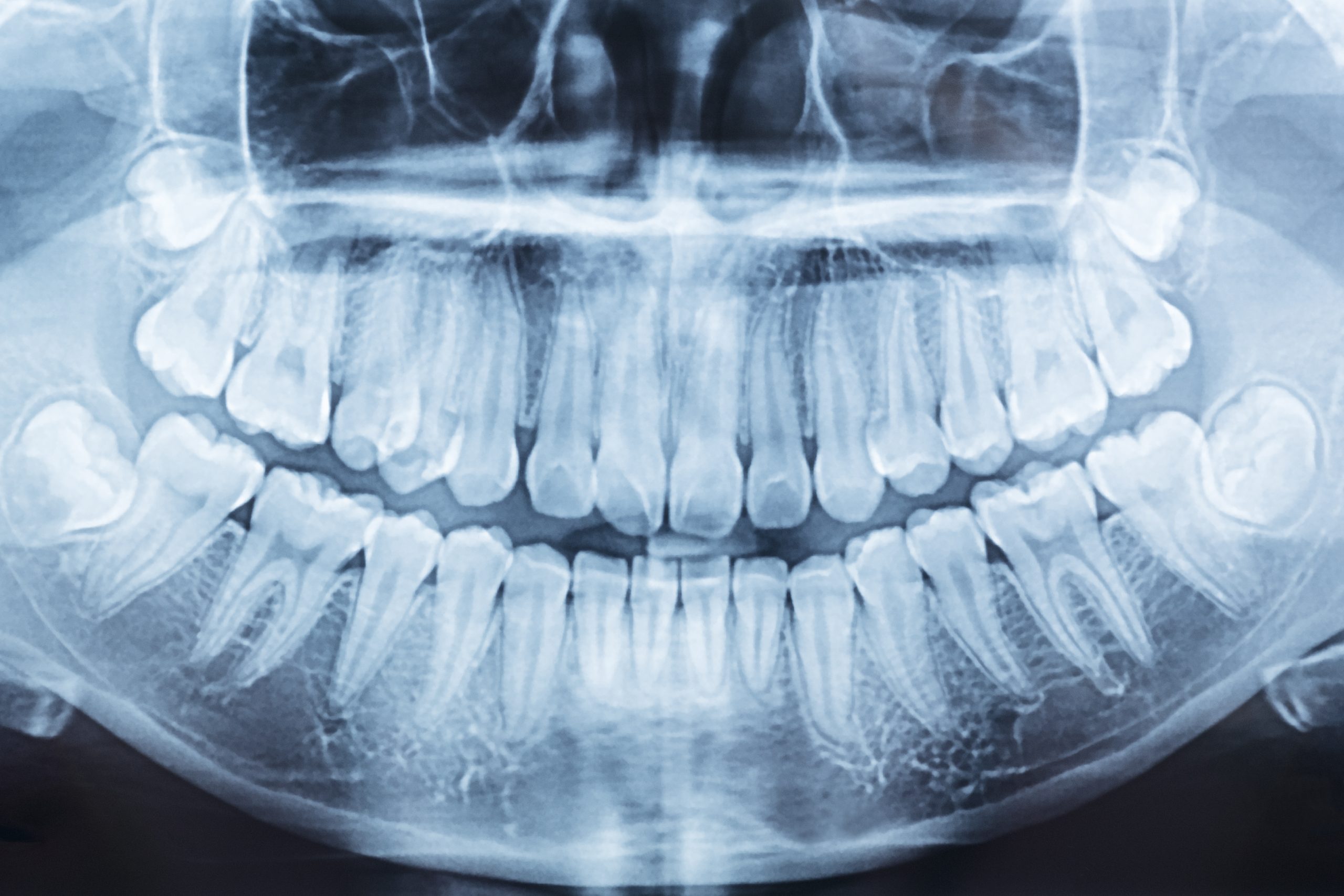
Osteoporosis & Oral Health
About Osteoporosis and Oral Health Osteoporosis is a disease that can damage your teeth and bones. Osteopenia, the first stage of osteoporosis, causes you to lose bone mass, as well as increases the risk for developing an oral condition like tooth decay or gum inflammation. Your dentist can offer options for pain relief, as well […]
READ MORE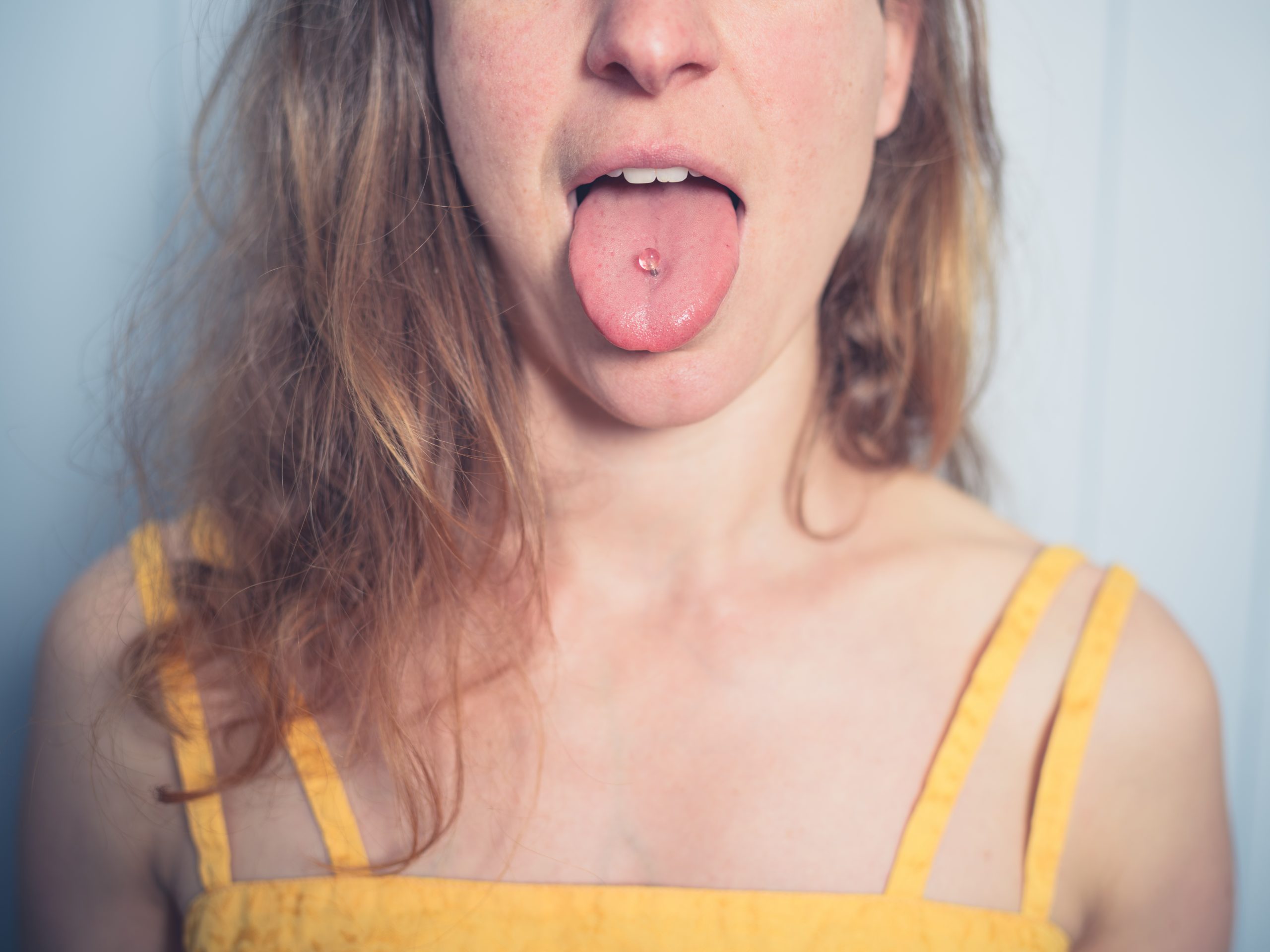
Oral Piercings
About Oral Piercings Neglecting to care for your mouth piercings can cause infections and possible damage. Oral hygiene, such as brushing twice a day with an antibacterial toothpaste, cleaning the tongue, and the use of mouthwashes specifically for oral piercings are all excellent ways to keep your piercing and your teeth in good condition. It […]
READ MORE
